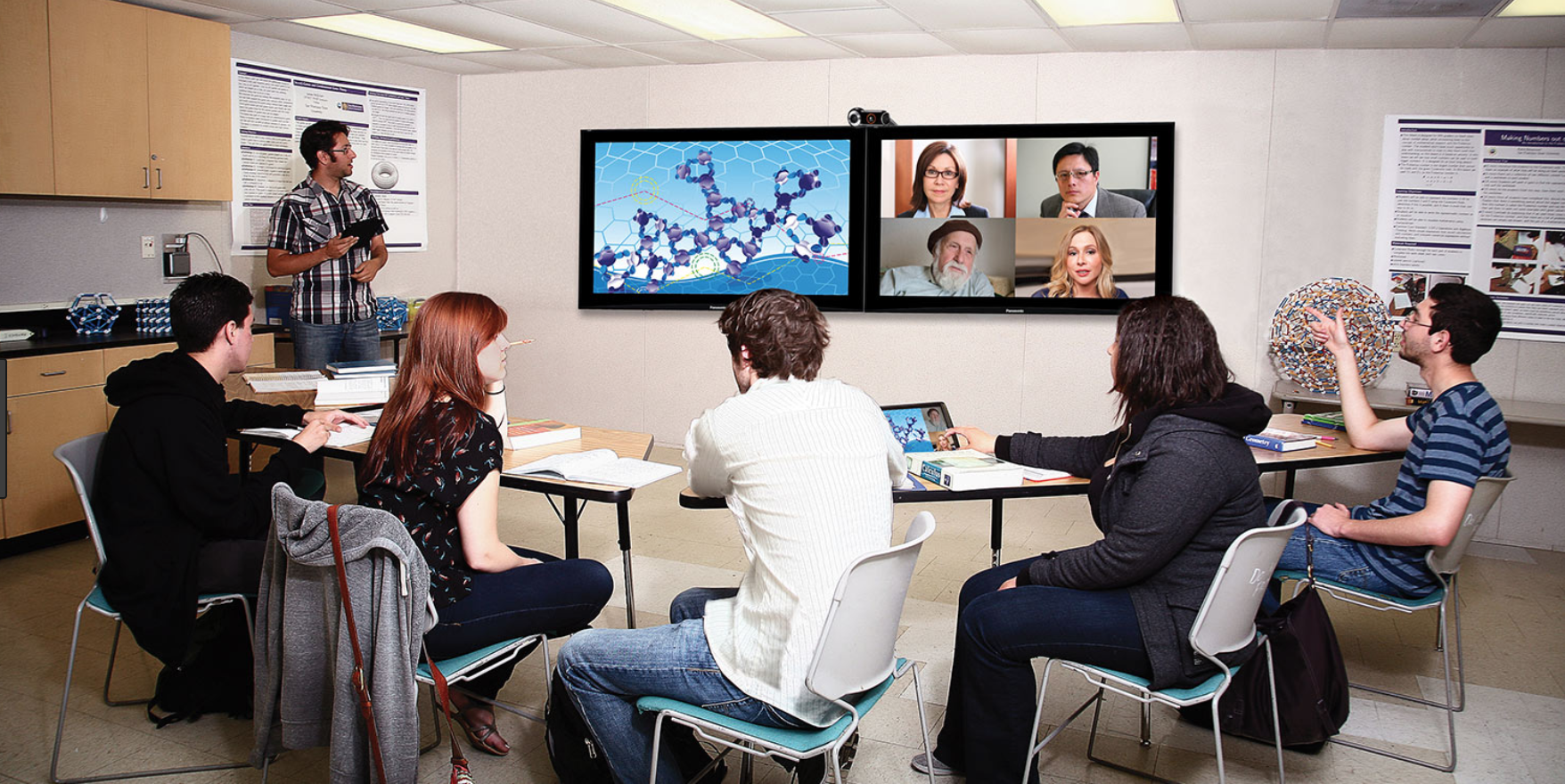47

There is no one way to build an effective learning environment. The learning environment needs to be appropriate for the context in which students will learn. However, before even beginning to design a course or program, we should be thinking of what this learning environment could look like. Whatever the learning environment, though, the learners must do the learning. We need to make sure that learners are able to work within an environment that helps them do this. In other words, our job as teachers is to create the conditions for success.
One component within an effective learning environment that I have not discussed is the actual teacher (although in Figure 6.9.2 you will see that she is at the centre of the learning environment). In some sense the importance of a teacher or instructor within a learning environment is a given, but really the rest of the book is about the role of the teacher within this environment. Also by concentrating on the other components, this chapter enables the possibility of a learning environment without an actual teacher, although someone such as a teacher or educator or even an individual learner (but definitely not a computer scientist) may need to be responsible for the design and maintenance of such a learning environment.
Technology now enables us to build a wide variety of effective learning environments that can differ significantly from the traditional classroom. But technology alone is not enough. Many technology-based learning environments are bereft of some of the key components that make an effective learning environment. An effective learning environment needs to include the other components for learner success. This is not to say that self-managing learners cannot build their own effective, personal learning environments, but they need to consider the other components as well as the technology.
This concludes Part 1 of the book, which focuses on the fundamentals of teaching and learning in a digital age. Part 2 of the book (Chapters 7-13) pays special attention to the impact of digital technologies on teaching and learning, starting with Chapter 7, which examines the nature and role of media and technologies in education.
Activity 6.10 Designing your own learning environment
- Describe the current learning environment in which you are teaching a particular course or program.
- What are the main components to which you give the most attention?
- Would you make changes to that learning environment as a result of reading this chapter? Why?
- Now: can you design a completely different learning environment that would better fit the needs of the course and your students? For instance if you moved your course from classroom to online, or from fully online to blended, how would you accommodate the main components of this learning environment? Or could you re-design the learning environment within the current mode of delivery? If so, what elements would you change, and what would you keep?
I provide no feedback for this activity. It is for your own reflection.
